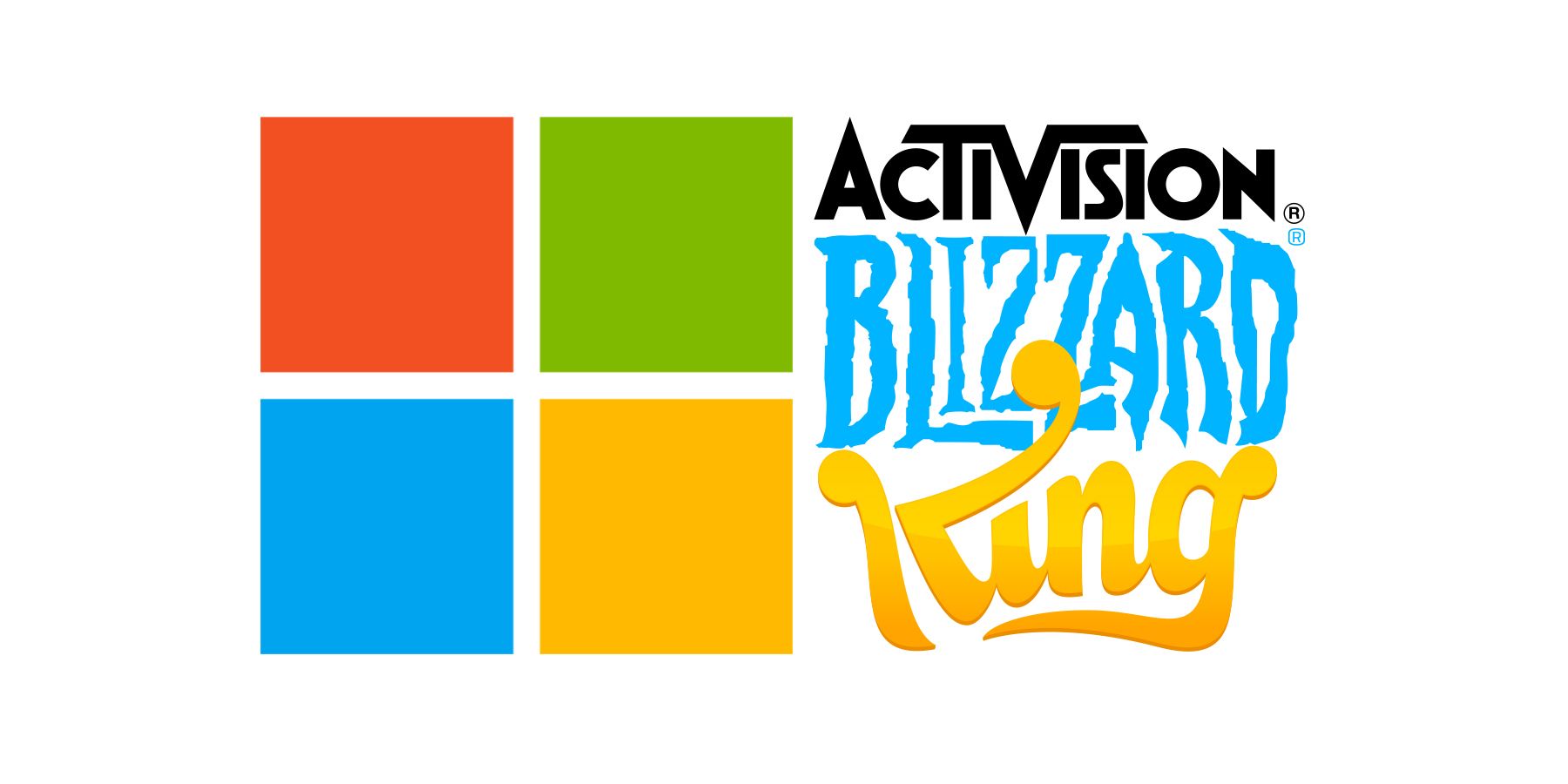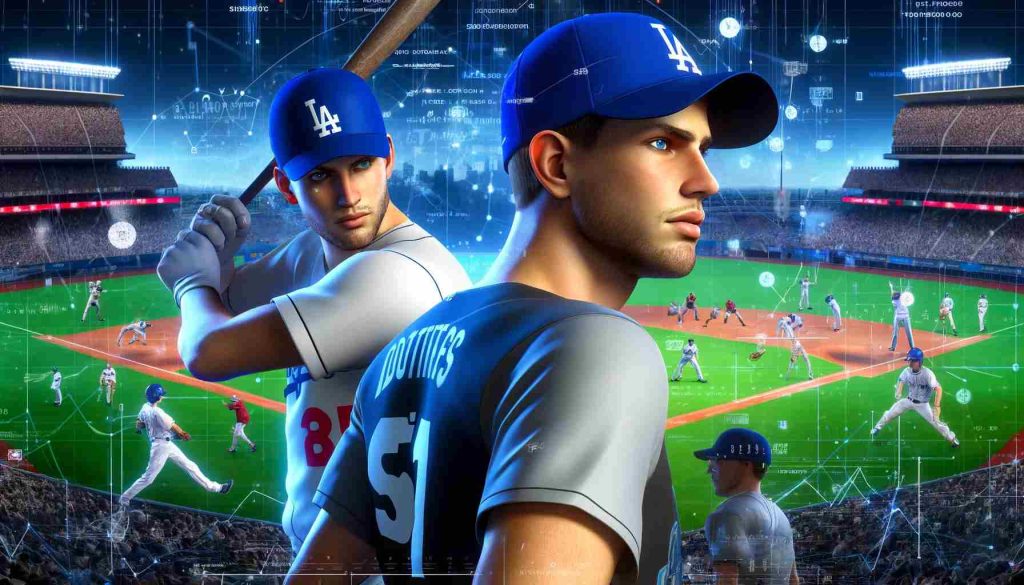Activision Blizzard Acquisition: FTC's Appeal And The Future Of Gaming

Table of Contents
The FTC's Case Against the Activision Blizzard Acquisition
The FTC's lawsuit against the Activision Blizzard acquisition centers on antitrust concerns and potential monopolistic practices. The core argument revolves around the belief that the merger would substantially lessen competition within the video game industry, harming consumers in the long run. Key concerns highlighted by the FTC include:
-
Call of Duty Exclusivity: The FTC argues that Microsoft could leverage its ownership of Activision Blizzard to make Call of Duty exclusive to Xbox consoles and its Game Pass subscription service. This would severely disadvantage PlayStation and other competing platforms, potentially driving players towards the Xbox ecosystem. This relates directly to the definition of the relevant market—is it console gaming only, or does it encompass cloud gaming and PC gaming, where Call of Duty also has a significant presence?
-
Reduced Competition: The FTC alleges that the acquisition would reduce competition in the already consolidating gaming market, leading to higher prices, fewer innovative games, and diminished consumer choice. The elimination of a major independent competitor like Activision Blizzard would significantly shift the balance of power in the industry.
-
Stifling Innovation: By controlling a vast portfolio of popular game franchises, including Call of Duty, Candy Crush, World of Warcraft, and Overwatch, Microsoft could potentially stifle innovation by prioritizing its own titles and potentially hindering the development of competing games.
The FTC's definition of the relevant market is crucial to its argument. The agency needs to convincingly argue that the merger harms competition in a specific, well-defined market segment, whether it is console gaming as a whole or specific niches within the market, such as cloud gaming services or specific game genres.
Microsoft's Defense and Proposed Remedies
Microsoft has vigorously defended the acquisition, arguing that it would benefit gamers through increased access to games and enhanced innovation. Microsoft's counterarguments and proposed remedies include:
-
10-Year Call of Duty Licensing Agreement: A central point of Microsoft's defense is its proposed 10-year licensing agreement for Call of Duty on PlayStation, guaranteeing continued availability of the franchise on Sony's console. This aims to directly address the FTC's concerns about exclusivity.
-
Cloud Gaming Commitments: Microsoft has also made commitments regarding access to its cloud gaming services, ensuring that Activision Blizzard's titles remain available on various platforms and cloud gaming services, promoting platform neutrality and broader consumer access.
-
Focus on Enhanced Competition: Microsoft emphasizes that the acquisition will lead to more competition in the gaming industry by providing a wider range of game titles and services to consumers through its Xbox Game Pass subscription service.
However, the effectiveness of these proposed solutions remains a subject of debate. The FTC might argue that the licensing agreement isn't sufficient to offset the potential for anti-competitive behavior in the long term.
The Appeal Process and Potential Outcomes
The FTC's appeal process involves legal challenges and court proceedings that could determine the fate of the acquisition. Potential outcomes include:
-
FTC Victory: The court could side with the FTC, blocking the merger entirely. This would represent a significant setback for Microsoft and potentially reshape the future of major gaming industry acquisitions.
-
Microsoft Victory: The court could uphold the acquisition, allowing the merger to proceed as planned. This would likely embolden other tech giants to pursue similar large-scale acquisitions.
-
Negotiated Settlement: A negotiated settlement could involve Microsoft agreeing to further concessions or modifications to address the FTC's concerns, resulting in a revised deal.
The outcome of this appeal will set a crucial precedent for future mergers and acquisitions in the gaming industry and the broader tech sector. Regulatory uncertainty lingers, impacting investor confidence and the strategic planning of gaming companies.
Impact on Game Developers and Publishers
The outcome will significantly affect game developers and publishers. A blocked merger could limit industry consolidation, potentially benefiting independent studios by preserving a more diverse and competitive market. Conversely, a successful merger might lead to increased consolidation, altering relationships between developers and publishers, and potentially impacting licensing agreements and revenue-sharing models.
The Future of Gaming: Implications for Consumers
The Activision Blizzard acquisition’s outcome will directly impact gamers. Potential effects include:
-
Game Prices: The merger could influence game prices, potentially leading to either increased or decreased prices depending on market dynamics and Microsoft's pricing strategies.
-
Game Availability: The availability of Activision Blizzard titles across different platforms will be a key consideration, influencing the gaming experience for millions of players.
-
Subscription Services: The acquisition's impact on the future of subscription services like Xbox Game Pass is significant, potentially affecting both the games offered and the cost of subscription.
-
Cloud Gaming: The future of cloud gaming and cross-platform play could also be dramatically affected by the outcome of this legal battle.
Conclusion
The FTC's appeal against the Activision Blizzard acquisition is a pivotal moment for the gaming industry. The decision will have broad implications for competition, pricing, game development, and the overall gaming experience. The legal battle underscores the increasing complexity of regulatory oversight in the fast-paced world of technology and entertainment. Understanding the nuances of this landmark Activision Blizzard acquisition is crucial for gamers, developers, and investors alike. Stay informed about the ongoing legal proceedings and anticipate the long-term consequences of this significant deal on the future of gaming.

Featured Posts
-
 Merzs Green Light Ukraines Potential Deep Strikes Into Russia
May 28, 2025
Merzs Green Light Ukraines Potential Deep Strikes Into Russia
May 28, 2025 -
 Wards Grand Slam Leads Angels To Stunning Win Over Padres
May 28, 2025
Wards Grand Slam Leads Angels To Stunning Win Over Padres
May 28, 2025 -
 Mlb Prediction Dodgers Vs Diamondbacks Who Will Win
May 28, 2025
Mlb Prediction Dodgers Vs Diamondbacks Who Will Win
May 28, 2025 -
 Bennedict Mathurin Leads Pacers To Overtime Victory Over Nets
May 28, 2025
Bennedict Mathurin Leads Pacers To Overtime Victory Over Nets
May 28, 2025 -
 Government Rent Freeze E3 Billion Blow To Housing Sector
May 28, 2025
Government Rent Freeze E3 Billion Blow To Housing Sector
May 28, 2025
Latest Posts
-
 House Of Kong Details On The Gorillaz 25th Anniversary Exhibition
May 30, 2025
House Of Kong Details On The Gorillaz 25th Anniversary Exhibition
May 30, 2025 -
 Gorillaz House Of Kong Celebrating 25 Years With An Immersive Exhibition
May 30, 2025
Gorillaz House Of Kong Celebrating 25 Years With An Immersive Exhibition
May 30, 2025 -
 Gorillaz 25th Anniversary House Of Kong Exhibition Information
May 30, 2025
Gorillaz 25th Anniversary House Of Kong Exhibition Information
May 30, 2025 -
 Gorillaz Copper Box Arena Dont Miss The Four Special London Shows
May 30, 2025
Gorillaz Copper Box Arena Dont Miss The Four Special London Shows
May 30, 2025 -
 Gorillazs 25th Anniversary London Exhibitions And Live Performances
May 30, 2025
Gorillazs 25th Anniversary London Exhibitions And Live Performances
May 30, 2025
